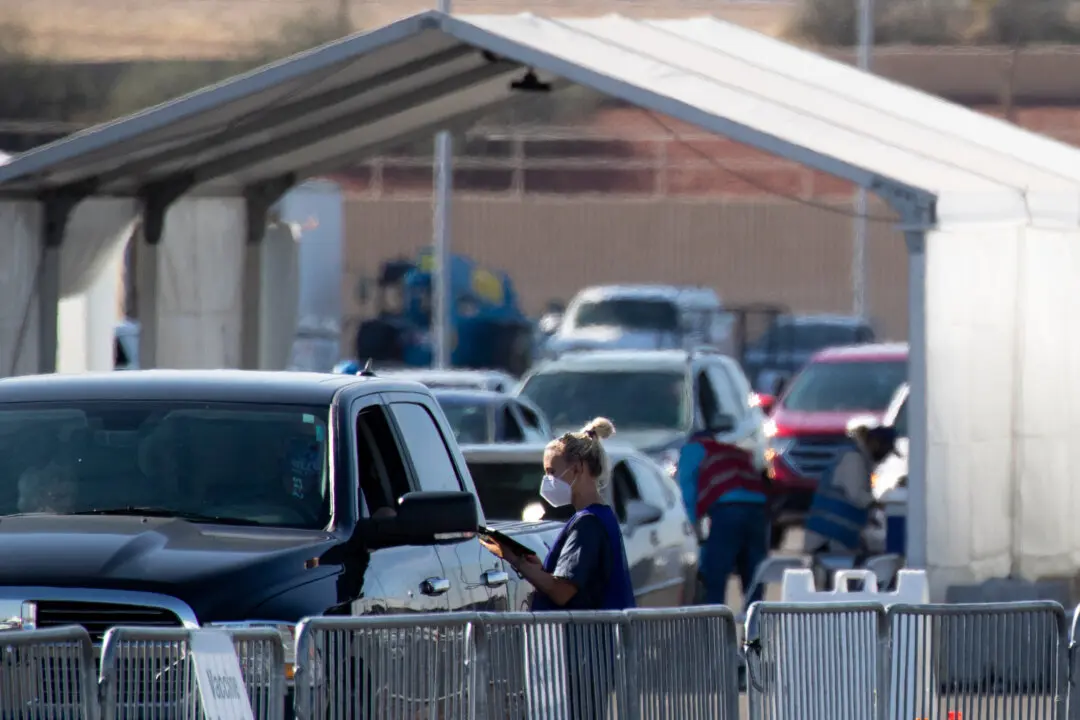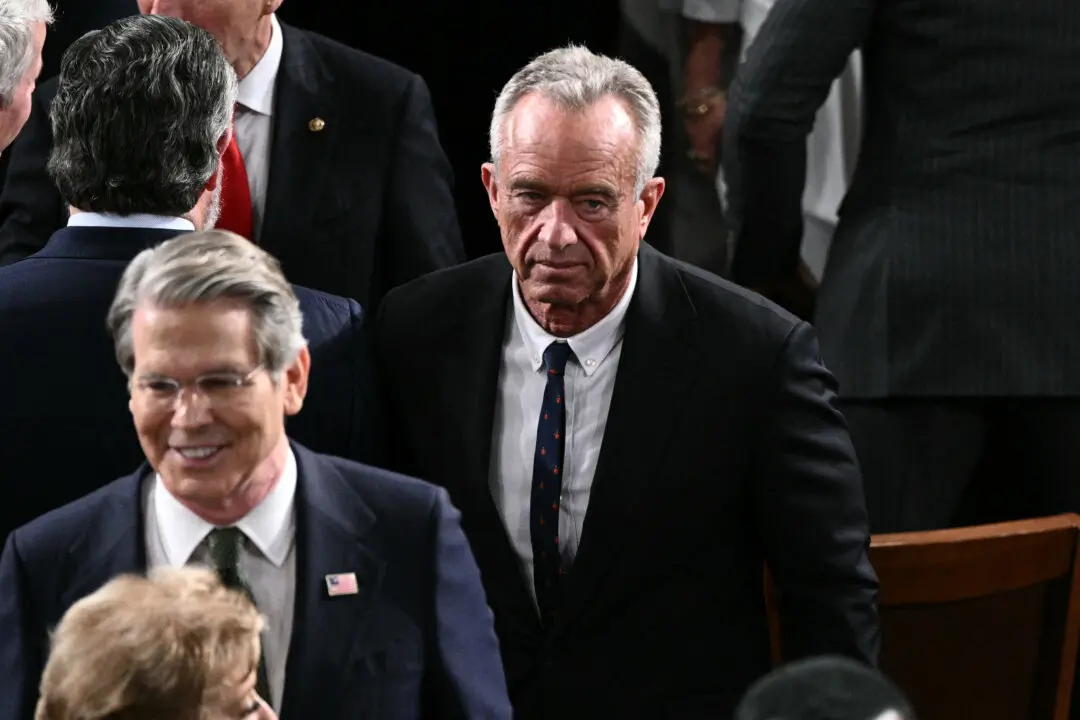Nevada on Thursday became the first U.S. state to impose a surcharge on workers who have not gotten a COVID-19 vaccine, though the penalty doesn’t take effect until the middle of next year.
All but two members of the state’s Public Employees’ Benefit Program Board (PEBP) voted during a meeting to approve a surcharge of $55 a month on unvaccinated workers.





